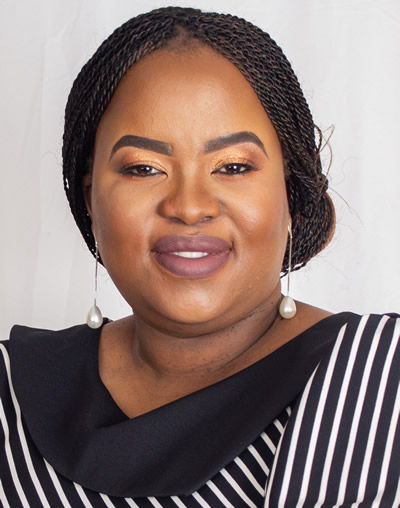There are more than 37 trillion cells in the human body. Some of them are similar, some have small variations and others are uniquely different. They have different functions, they serve different purposes. But, together they make you … well, you. What has this to do with International Mother Language Day, which will be celebrated on 21 February? Nothing, and everything.
There are about 7 000 languages spoken globally, exemplifying the diverse nature of our species. They are the hallmarks of us, as a people, and they are an integral part of the tapestry that defines humanity. Estimations are that 45% of these languages are under threat, and we continuously lose languages. This means that a distinct voice disappears, and a part of our collective diversity vanishes. Of even more concern is the reality that more than 40% of Earth’s population do not have access to education in their mother tongue. Considering that there are 8 billion people on our planet, this is a massive and disconcerting number. We are losing what makes “us” “us”.
Dr Kea Seshoka, Director of the Language Directorate at the North-West University (NWU), agrees.
“Imbedded in every language is a community’s shared heritage. It is through our unique languages that we teach and are taught. They are the foundations of who we are. They hold our memories, and our aspirations. They are the mediums through which we communicate what we hold dear, and they are the mediums through which we share our grief. How important is that? How can we allow this plucking away at the fibre of society to continue?” she asks.
It is a pertinent question, especially considering the encroachment of the digital world on all our cultures with their distinctive traditions, customs, values, beliefs, art and norms. It is a systematic dilution of unique creativity and expertise.
Dr Seshoka concludes by saying: “That is why we celebrate International Mother Language Day. We must never hesitate or cease to highlight the issues plaguing mother languages worldwide. It is so much more fulfilling to celebrate our thousands of languages than mourn their demise. Let us task ourselves with helping to stop the eradication of our languages and endeavour to ensure that they are promoted and preserved. At the North-West University, this is a cause that is close to our hearts, and we have numerous initiatives geared to ensuring this. By promoting South Africa’s indigenous languages as tools of instruction, and by helping to digitalise our African languages, we are not only safeguarding them, but we are letting them grow and take root in gardens where they have never bloomed before.”

Dr Kea Seshoka
